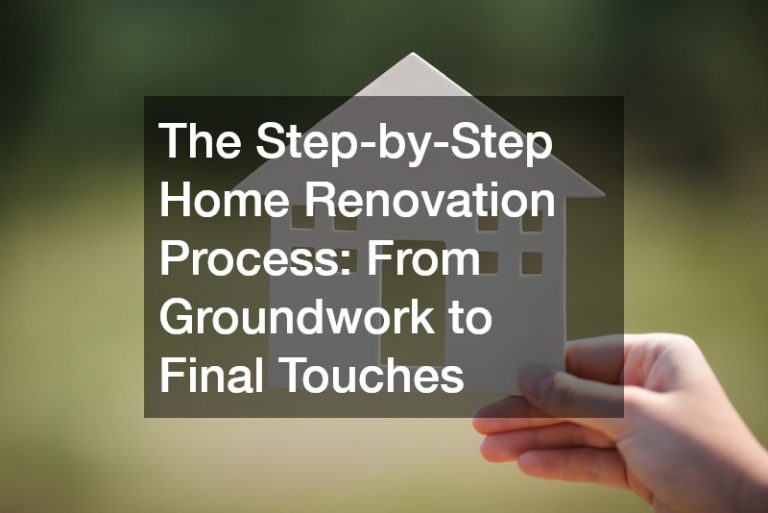Ever get rejected out of a loan, mortgage, or a credit card application? Maybe it’s because of your credit score.
A good enough credit score can help you qualify for financial aid or credit cards. With credit scoring models like VantageScore and the more popular FICO score, you’re rated based on your payment history and your debts, among other factors. If you’re just starting to build credit or you want to improve your poor credit rating, here are some ideas to help you boost your score.
Pay your bills on time
Delinquency can be one a huge blotch on your credit score. Late payments can cause your credit rating to drop harshly if your creditors report that you’ve missed a payment. Debit auto-pay options can be a good way to pay your bills. As soon as you get your salary or have money in your account, your outstanding bills will be paid immediately and on-time.
Check your credit reports

Credit reports show all your open accounts—loans, savings, credit cards, mortgages—and all transactions made under them. Credit reporting agencies, such as FICO, Experian, TransUnion, and Equifax, collect your credit information from your open accounts and then provide your credit report through AnnualCreditReport.com.
Make sure that the data in the said report—every expense and every account mentioned—are accurate. You can dispute inaccuracies with the bank, lender, or the reporting agency to correct the information and (hopefully) improve your credit rating.
Get a credit card or a loan
Despite the counterintuitive nature of getting a credit card, getting one can greatly impact your credit score. You create good payment history if you pay on-time. As long as you’re not maxing out your credit card and being unable to pay for your items later, then you won’t have to worry about point reductions. Using your credit card to pay for subscriptions can be a great way to build your credit rating.
Loans and mortgages can work as well. A home loan calculator can help you achieve a manageable mortgage payment plan. If you don’t have enough score yet, then get a fresh start loan from banks.
Manage your debt wisely
Your credit score can be affected by your credit utilization. To put simply, credit utilization is your debt-to-credit limit ratio. For example, incurring a $500 debt on a credit card with a $1000 limit means you have a credit utilization of 50%. The best practice here is to keep your credit utilization below 30%. You can also have your credit or loan limit increased if you pay your dues on-time.
Be an authorized user
Sometimes, piggybacking on one’s credit card can leave a good impression on your credit score. Ask a friend or a relative to add you as an authorized user of their credit card. It’s not the having a credit card part per se that helps your score; it’s their good spending habits. Their good financial behavior carries over to your credit score.
A house of (credit) cards
As long as you’re paying your bills and utilizing your credit cards and loans right, your credit score will steadily rise. However, it won’t meteorically soar to 700s; credit scores don’t improve overnight. Like a house of cards, you slowly build it up per card, getting it as high as it could get. And, much like how a simple blow of the wind can bring it down, a missed payment or two can drag your credit score down.
Being financially literate and reducing your financial risks will always make a good impression on your credit score.







